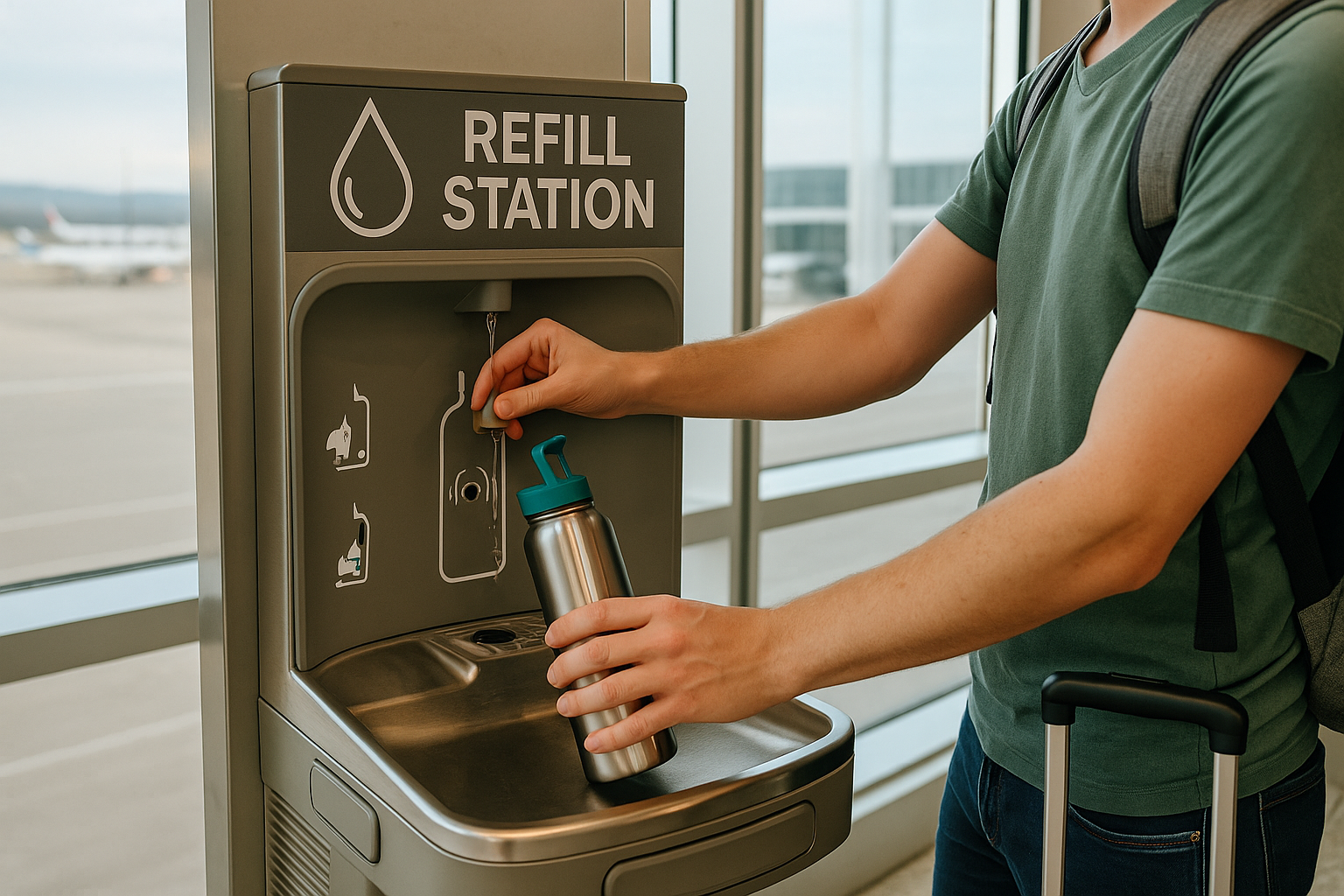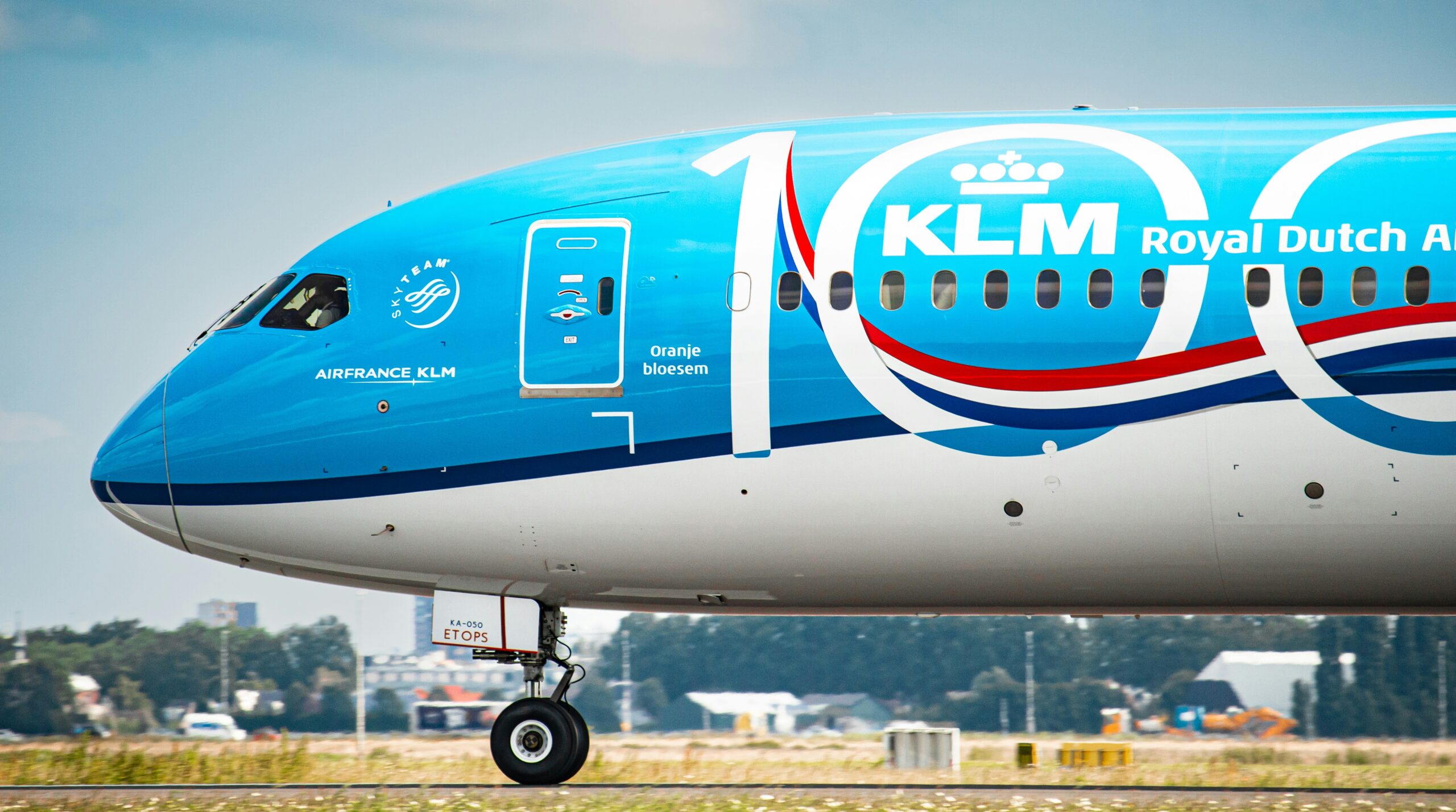Traveling is one of life’s greatest joys — but let’s be honest, it can generate a lot of waste. Tiny shampoo bottles, disposable coffee cups, airplane plastics, fast fashion outfits you’ll only wear once… it adds up. That’s where Zero-Waste Vacation Planning comes in. It’s not about being perfect; it’s about making thoughtful choices that reduce your footprint while still having an amazing time. You don’t need to overhaul your entire lifestyle to make a difference. Let’s break it down and explore how to plan a vacation that’s fun, memorable, and a little kinder to the planet.
On my first zero-waste trip attempt, I panicked — was I supposed to bring mason jars everywhere? Pack my own cutlery? How do you even manage waste in a country with different recycling systems? But I quickly learned that zero-waste travel is about progress, not perfection. With a few intentional swaps and smart prep, you can enjoy your trip without the guilt of overflowing trash bins. Here’s how.
Start With Thoughtful Packing
The heart of Zero-Waste Vacation Planning begins before you leave home. Packing smartly is your first opportunity to reduce waste on the road. Start by assessing what you already have — avoid buying trendy “eco” products if you don’t need them. Focus on reusables: bring a refillable water bottle, a travel coffee cup, a set of utensils, a cloth napkin, and a lightweight shopping bag. These small items cut down massively on single-use plastics.
For toiletries, go solid wherever you can. Swap liquid shampoos and soaps for bars. Use reusable silicone bottles if you need liquids. Don’t forget to pack reef-safe sunscreen and avoid travel-size products wrapped in extra plastic. For sustainable packing tips, check out Travel Fashion Girl or Pack for a Purpose.

Choose Eco-Friendly Transportation
We can’t ignore the elephant in the room: air travel has a big carbon footprint. While flying may sometimes be unavoidable, there are ways to reduce its impact. Fly direct whenever possible — takeoffs and landings burn the most fuel. Pack light; the heavier the plane, the more emissions. Consider offsetting your carbon footprint through reputable programs like Sustainable Travel International.
Better yet, if your destination allows, skip flying altogether. Trains, buses, or car-sharing options dramatically lower your carbon impact. Once you arrive, prioritize walking, biking, or using public transit to get around. Not only is it better for the environment, but it also immerses you in the local culture in a more authentic way.
Book Green Accommodations
Your choice of where to stay matters. Look for eco-certified hotels, hostels, or guesthouses that prioritize sustainability — things like using renewable energy, minimizing single-use plastics, composting food waste, and sourcing local, organic food. Websites like BookDifferent or EcoHotels let you search for green accommodations around the world.
If you’re staying in an Airbnb or rental, set up your own mini zero-waste station: designate a bin for recyclables, refill your own water bottles, and shop at local markets to avoid packaged goods. Small, consistent actions add up.
Eat And Shop Like A Local (Without The Trash)
Food is often the highlight of travel — and it’s also a major source of waste. Skip chain restaurants with heavy packaging and seek out local eateries that use real dishware. Visit farmers’ markets or bulk food stores to pick up snacks, and bring your own containers or cloth bags.
If you love souvenirs, skip the plastic-wrapped keychains and look for handmade, meaningful gifts. Support local artisans, choose products with minimal or compostable packaging, and avoid anything mass-produced. For more ideas on waste-free shopping abroad, check Zero Waste Europe.

Be Prepared For Waste Challenges
No matter how well you plan, some situations will test your commitment to zero waste. Not every country has robust recycling systems. Some places may serve drinks with plastic straws despite your best efforts. That’s okay. Zero-waste travel isn’t about perfection — it’s about mindfulness. Do your best, educate when possible, and remember that every small action makes a difference.
Many travelers find that zero-waste choices open up richer experiences: chatting with locals at a market, supporting small businesses, or discovering hidden eco-friendly spots. You’re not just reducing waste; you’re traveling with intention and respect.
Have you tried Zero-Waste Vacation Planning? What worked for you — and what challenges did you face? Share your tips, successes, or funny zero-waste fails in the comments. Let’s help each other make travel better for the planet, one trip at a time.
And if you’re passionate about sustainable travel, follow us on social media. We share weekly tips, destination guides, and inspiring stories to help you explore the world more responsibly and joyfully.
Catch up on the top stories and travel deals by subscribing to our newsletter!












Leave a Reply